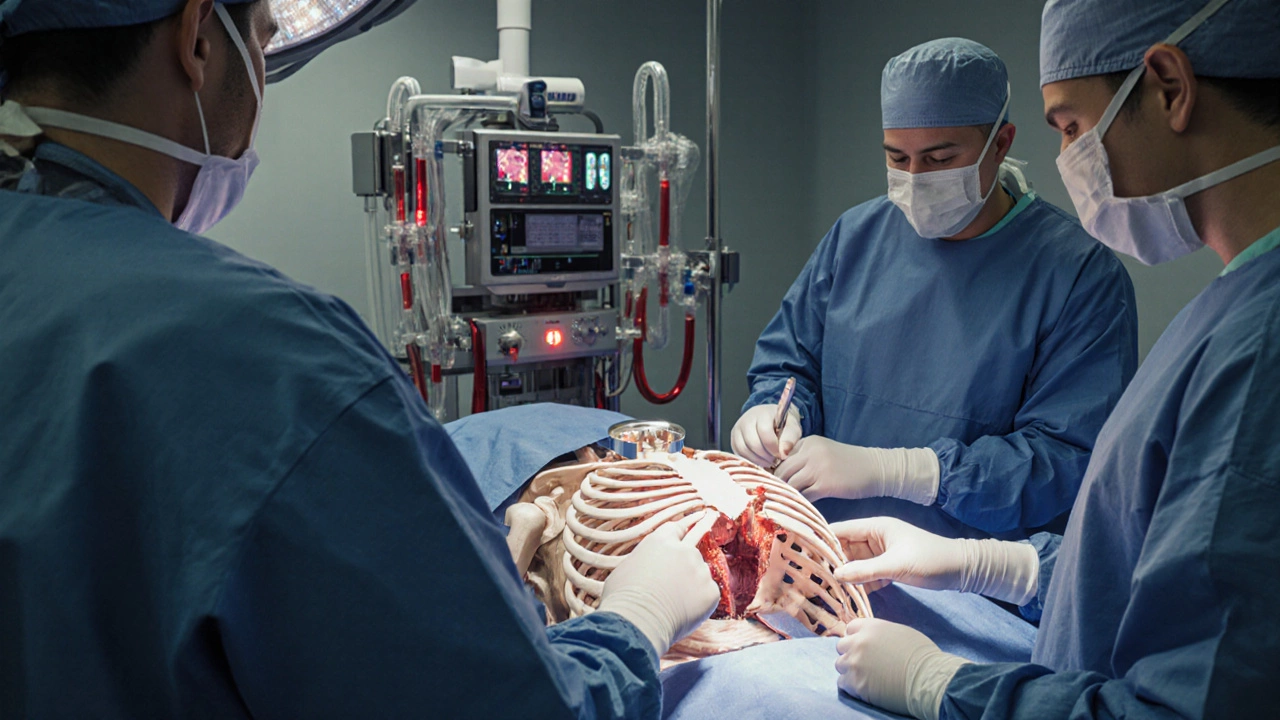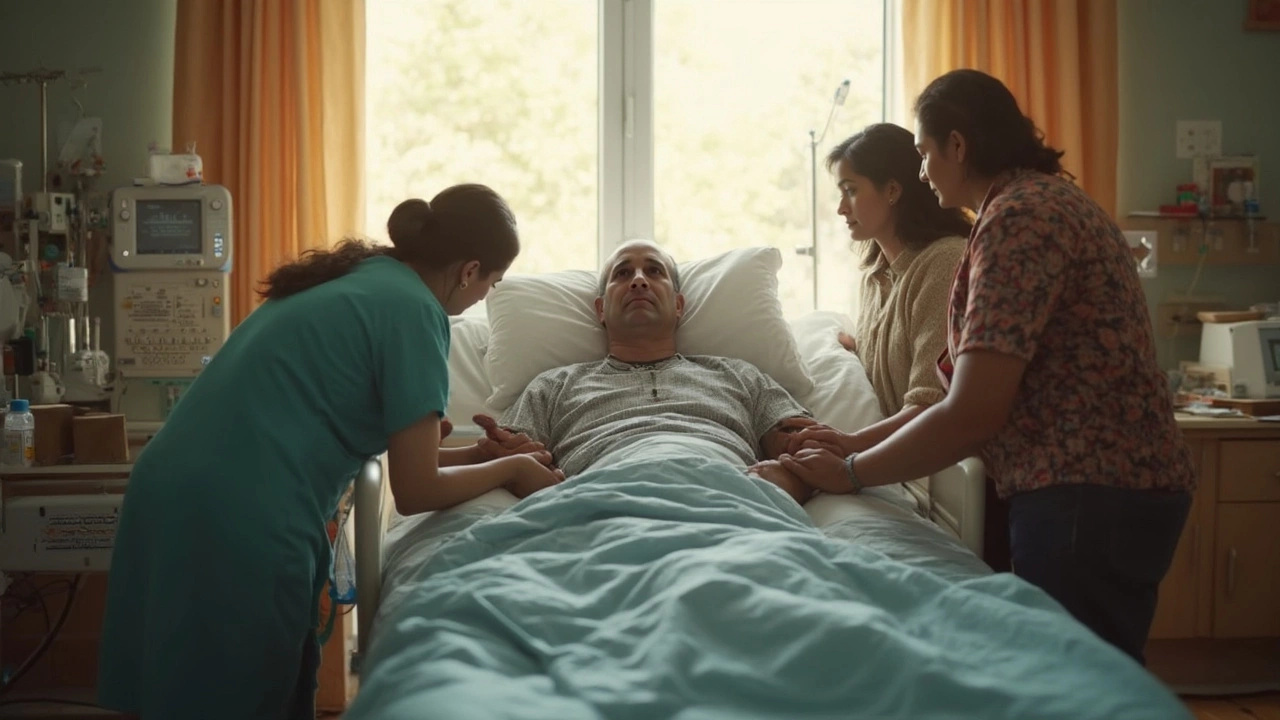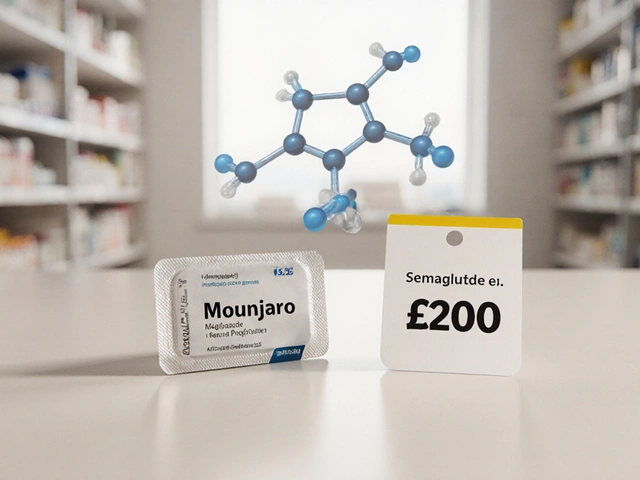Discover which two surgeries cause the most pain, why they’re so intense, and how patients manage recovery after heart operations.
Read MoreRecovery Guides: Fast, Safe Healing After Surgery & Injury
If you’ve just had an operation or are coping with a nasty injury, the first thing on your mind is getting back to normal. The good news is that recovery doesn’t have to be a mystery. By following a few proven habits you can cut down pain, avoid setbacks and feel stronger faster. This page pulls together the most useful advice from our experts, so you can start healing right away.
Common Recovery Challenges
Most people hit the same roadblocks after a procedure: lingering pain, stiffness, and trouble sleeping. Bone surgeries often leave you with throbbing discomfort that can last weeks. Heart surgery patients may feel short‑of‑breath or fatigue as their bodies adjust. Even minor operations can bring swelling that makes moving around a chore. Recognising these patterns helps you tackle them before they become bigger issues.
Proven Strategies to Speed Up Healing
The fastest way to recover is to treat your body like a team. Start with pain control—use the medication your doctor prescribed, add an ice pack for 15‑minute intervals, and keep the wound clean. Next, focus on gentle movement; a few minutes of light stretching or short walks each day keeps blood flowing and reduces scar tissue. Finally, stay hydrated and eat protein‑rich foods to give your muscles the building blocks they need.
Nutrition plays a huge role. Foods high in omega‑3 fatty acids, such as flaxseeds or fish, fight inflammation. Add plenty of colorful veggies for vitamins that support tissue repair. If you’re on a specific diet—like the anti‑inflammatory Ayurveda plan mentioned in our posts—tailor your meals to avoid foods that heat up your system.
Movement doesn’t mean hitting the gym hard. After a knee replacement, for example, simple quad sets and ankle pumps can prevent stiffness and speed up circulation. For heart surgery, start with seated breathing exercises, then progress to short walks around the house. Listening to your body is key—if something hurts sharply, pause and consult your doctor.
To keep your recovery on track, use a daily checklist: take meds on time, log pain levels, do your prescribed exercises, and note any swelling or redness. Share this log with your surgeon or physiotherapist at each follow‑up. Small, consistent actions add up to a smoother, quicker healing journey.
Heart surgery is no walk in the park, but some procedures take recovery to a whole new level. This article breaks down why certain heart surgeries are so hard to bounce back from. Expect real talk about pain, daily challenges, and what recovery actually looks like. You’ll also find practical tips to ease the process and some interesting facts that might surprise you. Whether you’re prepping for surgery or helping someone who is, you’ll get real-world advice here.
Read MoreOpen-heart surgery isn't the end of the road but the start of a new chapter in life. Although it's a major procedure, many patients return to their normal lives and even thrive post-surgery. With advancements in medical techniques, plus lifestyle changes and proper follow-up care, patients can look forward to a healthy and fulfilling life. Recovery involves commitment, but it opens up opportunities for better heart health. This article explores the reality of living a long and quality life after going under the knife.
Read More






